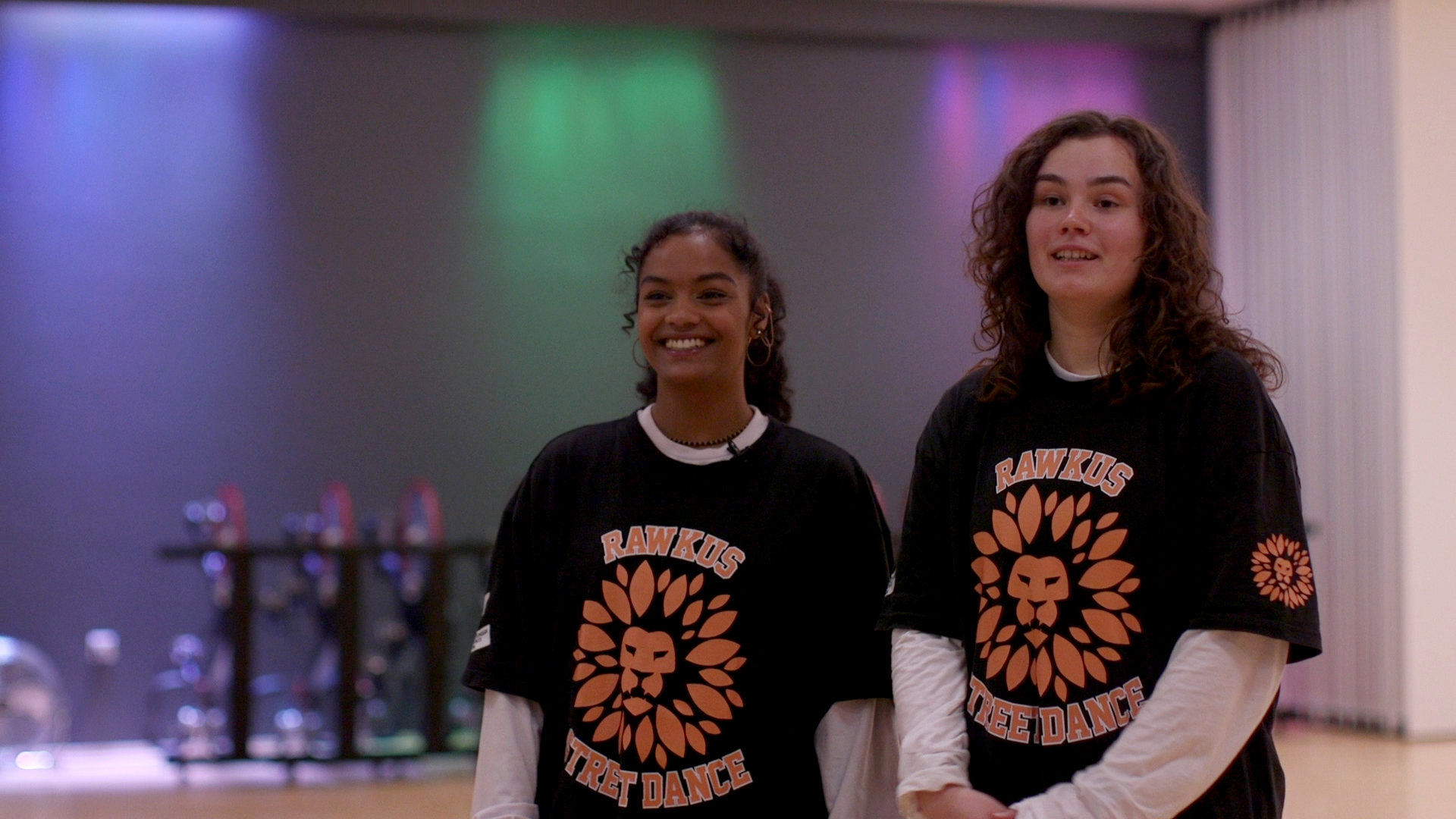Rising out of the Bronx in the late 1970s, breaking sees competitors – referred to as b-boys and b-girls – combine acrobatic movements, quick footwork, floor moves, and a hip-hop soundtrack.
The Paris 2024 Olympic Committee is said to have included breaking, as well as skateboarding, sport climbing and BMX freestyle, in a bid to attract new and younger audiences.
However, the inclusion of breaking has divided opinions, with critics questioning whether it is a sport and has a place at the Olympics.
In a new video, Loughborough University’s Professor Claire Warden, an expert in performance and physical culture, shares her thoughts on the inclusion of breaking at the Olympics. We also hear from two street dancers and a breakdancing Professor…
Watch the video on YouTube or read what they had to say below.
What the expert says

“I describe breaking as both a sport and performance art”, said Professor Warden, “It's extremely athletic but it's also performative in that it is artistic.
“There will always be events at the Olympics that look at who can run the fastest, who can swim the fastest, and so on, but I don't think that we should restrict sports to these types of events.
“There are already sports at the Olympics at the intersection of sport and performance art the same way breaking is, so synchronised swimming would be an example, and rhythmic gymnastics.
“What we're going to see is the very, very best breakers in the entire world. So, that sense of competition is still there.”
Many critics express concern over the changing nature of the Olympics, but Professor Warden argues that the Games have consistently evolved.
“The Olympics has never stayed the same”, she said, “Time and time and time again, it has shifted and changed, moved with the times and responded to culture to attract new audiences. I just see the addition of breaking as a furtherance of that narrative.
“Yes, there are other sport-arts they could have chosen here, of course, but I think the Olympic committee has decided to go with breaking because it is really dynamic.
“It appeals to a lot of people who perhaps wouldn't be attracted to the Olympics by other things, and this is a sport-art that is popular all over the world, so it appeals to a global audience.”
What the breakdancing Professor says

Professor Gary Burnett, an expert in digital creativity in the School of Design and Creative Arts, was deeply involved in breakdancing in the 1980s, even reaching a semi-professional level.
“I think the inclusion of breaking at the Olympics is just brilliant. It's clearly a very athletic sport”, said Professor Burnett, whose signature move was the ‘windmill’, where a dancer spins on the floor from their front to their back.
“A huge amount of strength is involved, huge amounts of flexibility, there are artistic elements as well, and it's clearly very competitive.
“What people can do these days in this sport is phenomenal and it'll be really good to have it out there for the public to see.”

Professor Gary Burnett breaking.
He continued: “I think having breaking at the Olympics will bring this form of youth culture back to many people. It's never gone away. It was particularly prevalent in the 1980s but it's carried on as a culture for many years.
“And breaking is universal, taking place in many countries across the world. It's not something that's just specific to one part of the world. It is quite equalising in terms of what it provides as a sport.”
And does Professor Burnett still dance?
“I’m afraid not, I’m not in my teens or early twenties anymore”, said Professor Burnett, “I could do some very, very simple moves now, but my body probably wouldn't like it the next morning!”
What the street dancers say

Rachel Raymond and Sofya Arefyeva perform with Rawkus, a street dance society within Loughborough Students' Union, and both enjoy breaking.
“I feel like street dance styles and breakers are finally getting the recognition they deserve”, said Rachel.
“Breaking is one of the original street dance styles, where everything else has stemmed from, and breakers have to train so hard.
“They train outside of dance, they go to the gym, have strict diet regimens, and break. It involves so much flexibility, so much agility, and some of the moves that are seen are very similar to what you see in gymnastics.”
Sofya added: “The Olympics gives people a chance to see street dance in a new light, and it may inspire people to try something new.
“The level of athleticism that breakers have is immaculate. No other dance category can match that.
“I think breaking at the Olympics is incredible. And it is definitely a sport!”
